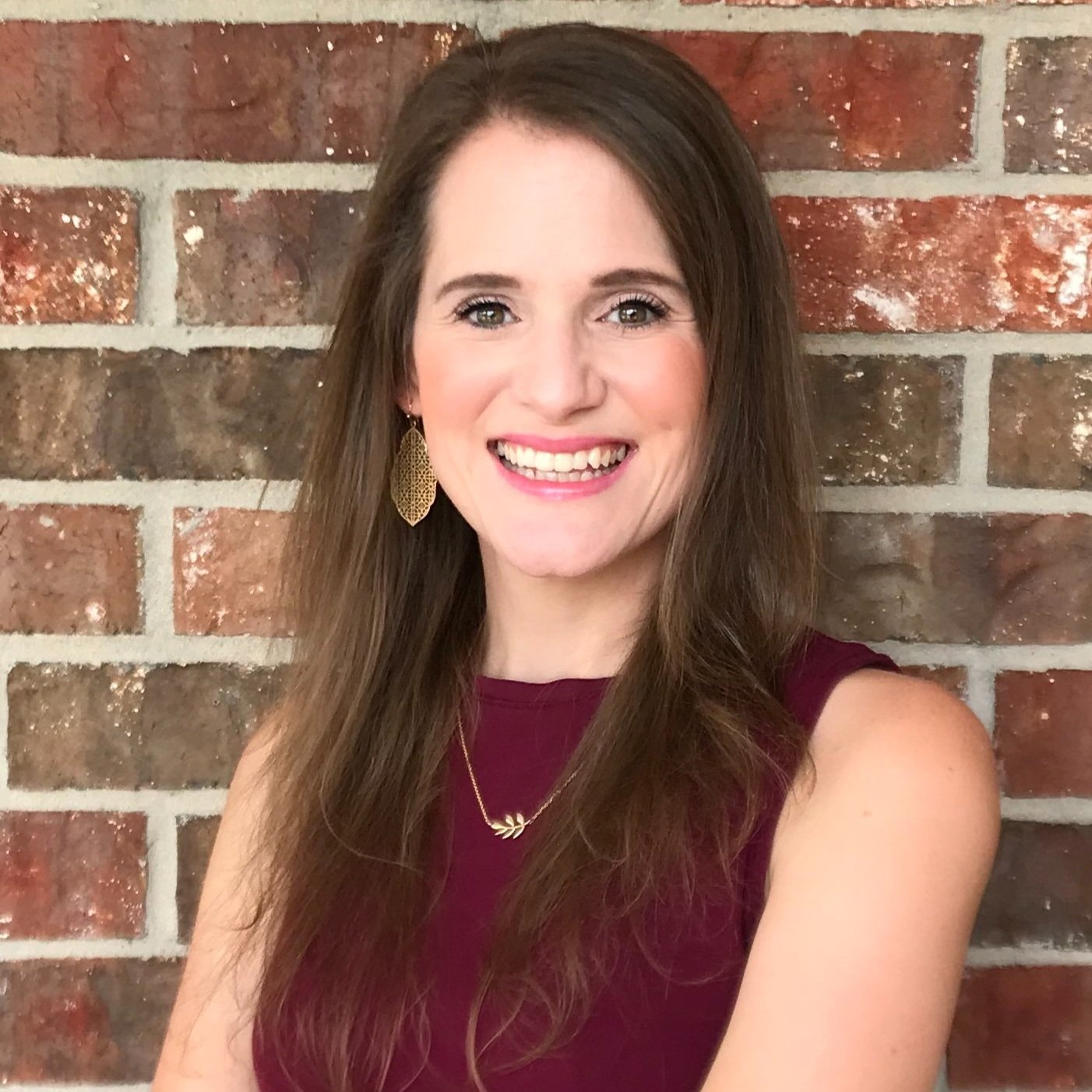Setting Christ-Built Boundaries
Like many of us, I was raised in a family that did not teach and encourage developing healthy boundaries. In fact, as a child I was very much a people pleaser. I never thought about myself and what I needed or wanted. Instead, my worth was based on how much I pleased or helped other people.
My people pleasing was exacerbated by my mistaken belief that a good Catholic girl strove to help others, regardless of what it cost her. The more it cost me, the better person and Catholic I thought I was.
As I grew and started developing friendships and relationships, this practice cost me a lot. I was bullied badly in high school for three years and was taken advantage of in many friendships because I had no idea how to safeguard myself.
When I met my husband, in some ways, I had no idea how to navigate a relationship built on equality and mutual respect. I poured myself out for him and our children for years until I realized how unhealthy and toxic this was and how lonely and burnt out I became.
I have spent the last few years in therapy, unlearning unhealthy relationship habits and then learning new habits around creating heathy relationships.
I have spent a lot of time learning about boundaries. I now know that:
1. Boundaries aren’t rude
2. I can listen when my heart is telling me I need a boundary and
3. There is a way to make and implement them.
It didn’t come easy at all. My husband and children have helped so much as I learn to carve out space for myself and speak up about what doesn’t work for me.
Boundaries are clear, explicit statements we communicate to others expressing what we need or want. Oftentimes, they need to be assertive, but don’t mistake assertiveness for rudeness (a mistake that I made for years).
As a highly sensitive introvert, life can drain me pretty quickly. If I need an evening in my room to recharge and rest away from the whole family, I would communicate to my husband, “I need to take tonight to be alone and recharge. I’ll be in my room if you need me, but please don’t interrupt unless it’s necessary.”
If your room-mate is leaving her clothes all over your apartment leaving it a mess and that’s bothering you, you need to clearly articulate your thoughts: “Hey, I need you to start picking up your laundry around the apartment. It’s making the apartment messy, and that bothers me.”
If you’re like me, and confrontation makes you anxious, practice your statement out loud alone first. Saying it a few times often makes me feel more ready to say it to the person.
Through this internal work, I’m a healthier person, my relationships with my husband and children have flourished, and I have developed some pretty amazing friendships.
Mary Beth Keenan, @mb_keenan.15
As I leaned into this process, I prayed one afternoon about how hard this boundary work was. That afternoon, Holy Spirit spoke into my heart. In Scripture, I read about the numerous times Jesus left the disciples and crowds to be alone. Though He was God, Jesus was also equally man. He would get overwhelmed, tapped out, and tired. He would need space to reconnect with Himself (that’s a deep thought considering He was also God), His Father, and take time to rest.
Jesus is very vocal in Scripture about boundaries, even exhibiting righteous anger when salesmen have infiltrated and desecrated his Father’s house (the temple).
Boundaries are necessary, yes. They are also sacred and holy.
With boundaries, we learn to respect ourselves and are better able to respect others. Many of us are taught to think of boundaries as rude, but assertive is not the same as rude. Assertive boundaries, clearly communicated and maintained, help others learn what we need.
Boundaries keep relationships healthy and well-ordered. Boundaries help us take care of ourselves too.
Christ loves us as much as He loves those around us. By creating and maintaining boundaries, we make sure others don’t take advantage of us, either unintentionally or intentionally.
If you’re looking to start flexing your boundaries muscle but need a little guidance first, I definitely recommend therapy if you can access it. Also Nedra Glover Tawwab’s book Set Boundaries, Find Peace: A Guide to Reclaiming Your Peace is one of the best books I’ve read about boundaries. It’s excellent. If you are setting a boundary, remember to practice speaking it to yourself first. Then, talk to the other person. Practicing and implementing boundaries feels hard at first, but it will get easier with time.
Meet Adrienne Stravitsch
Adrienne Stravitsch is a retired Army wife and mother of four. Right now, her family is living in central Texas but are discerning where God is calling them to put down roots as they take on this new civilian life. Adrienne earned her undergraduate degree in English Literature and had kept herself busy during her husband’s deployments by getting her Masters in Literature from NSULA. Before becoming a wife and mother, Adrienne taught Catholic high school and led various youth ministry groups and talks. Now, when she isn’t homeschooling her children, reading, or behind a keyboard writing, she is probably soaking up time with her husband and children out in nature. Adrienne is passionate about finding joy everyday and relearning the importance of the lost virtue of empathy.


